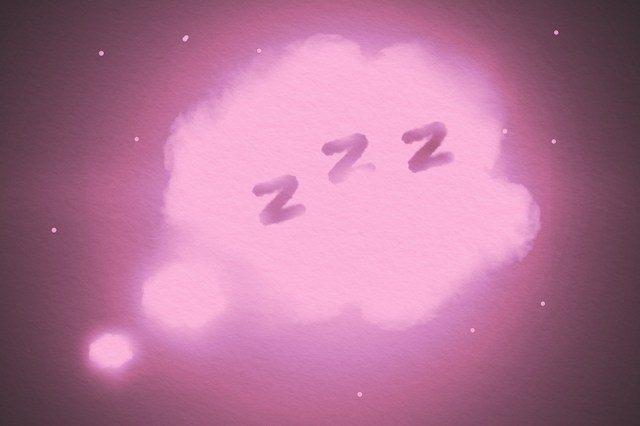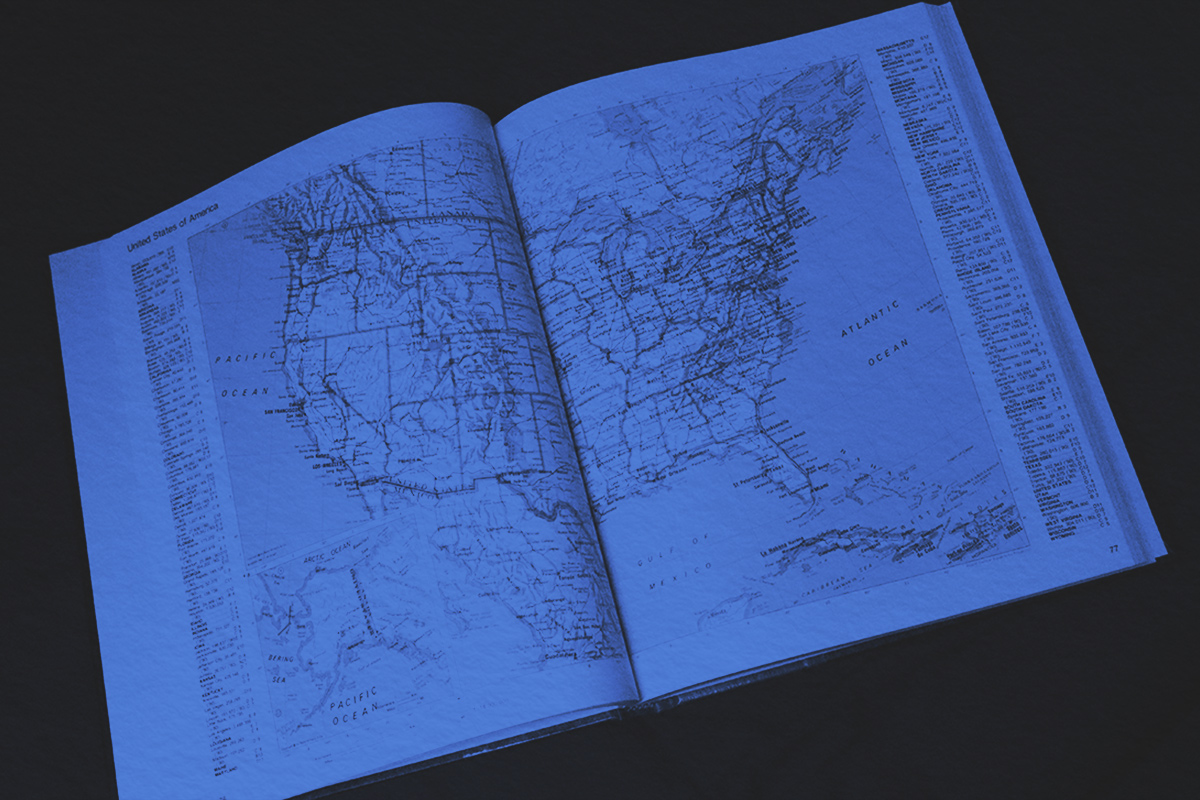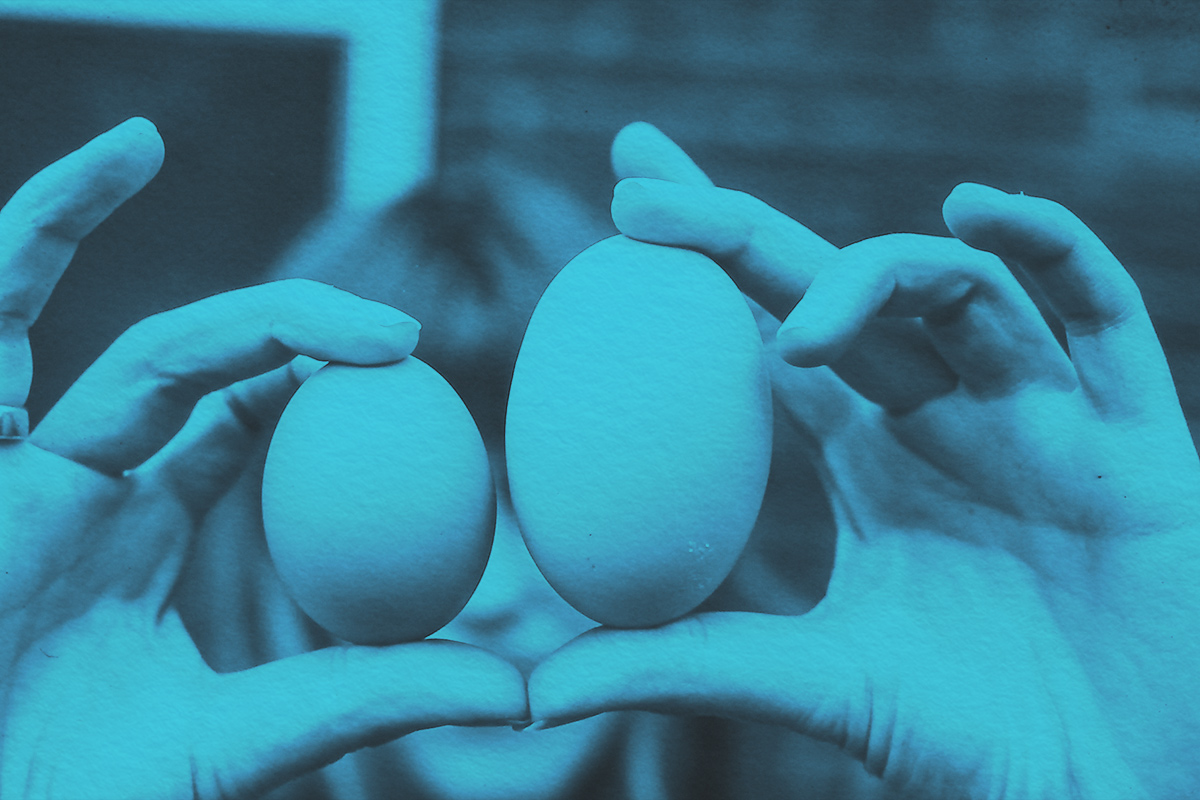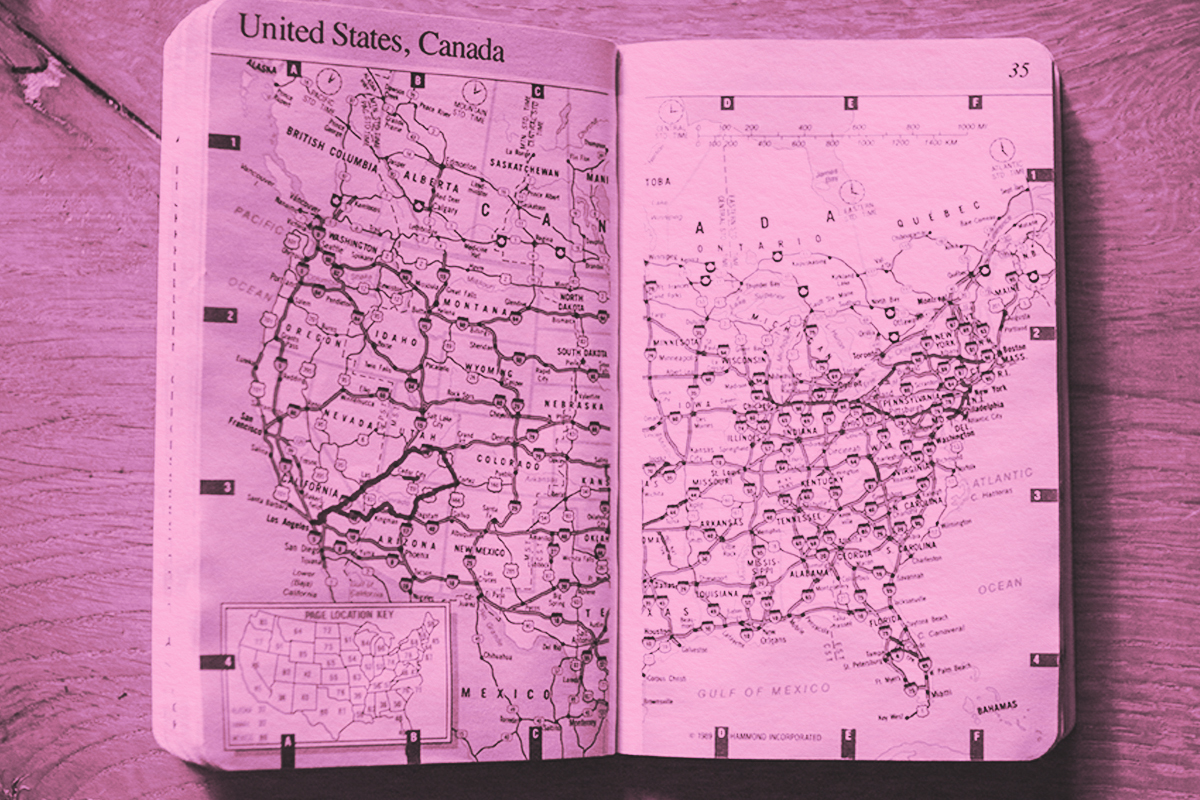
My 4-year-old niece has a favorite blanket that she can’t sleep without. When I asked her if it had a name, she said something that sounded like “zhuzh.” Her parents helped translate: “It’s spelled with three ‘Zs.’”
My niece has already learned enough of the English language to pick up on the relationship between sleep and the letter “Z,” but where did this link come from? We could chalk it up to simple onomatopoeia, but I know when I snore, it doesn’t sound nearly as sweet as it did when my niece tried to pronounce “zzz.”
Other languages have their own onomatopoetic ways to depict snoring, including “rrrrrr” in Spanish and “xppp” in Russian. But the three “Zs” are globally recognized, thanks to the popularity of American comics. The first instance of “zzz” being used as shorthand for sleep has been traced to the 1903 comic strip “Katzenjammer Kids,” which portrayed a man snoozing in a hammock. Figuring out how to depict sleep in comic strips and comic books is a tricky task. Sometimes sleep has been depicted as “grrk,” “honk-shoo,” “ZZRRGGHH,” or just “snore.” Or the illustrator has taken artistic license by adding a little drawing of a saw and a log to imply the rhythmic rumble of the idiom “sawing logs.” In time, that phrase evolved with technology into “snoring like a chainsaw.”
But the “Zs” won out. In the 1940s, the verb “zonk,” meaning “fall or cause to fall suddenly and heavily asleep or lose consciousness” entered the lexicon, and in the 1980s, cartoonist Jim Davis used one big “Z” to demonstrate sleep in the “Garfield” comics.
As for how to pronounce “zzz,” it’s usually not meant to be pronounced out loud, although in the 1960s, the phrase “get some Zs” became common slang, and now the British have adopted the word “zizz” to mean “nap.” Whether said as “zhuzh,” like my niece does, or written “zzz” in the funny pages, we could likely all use a few more hours of sleep.




















